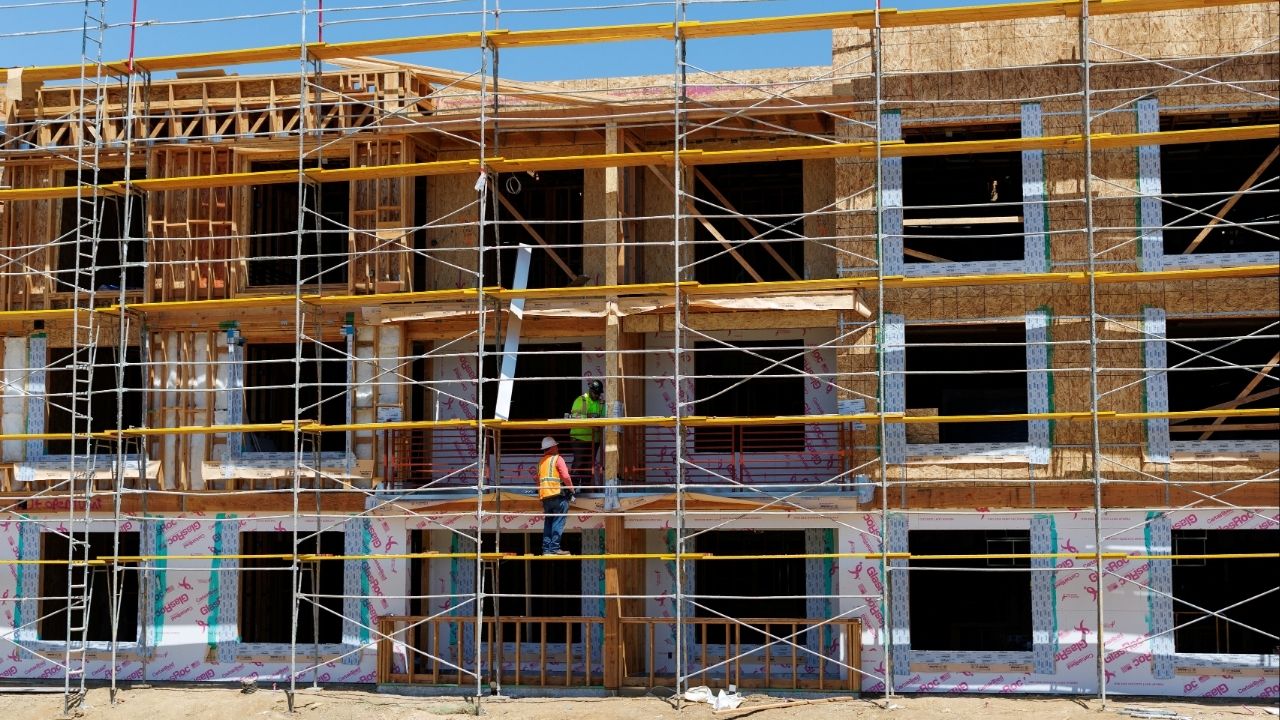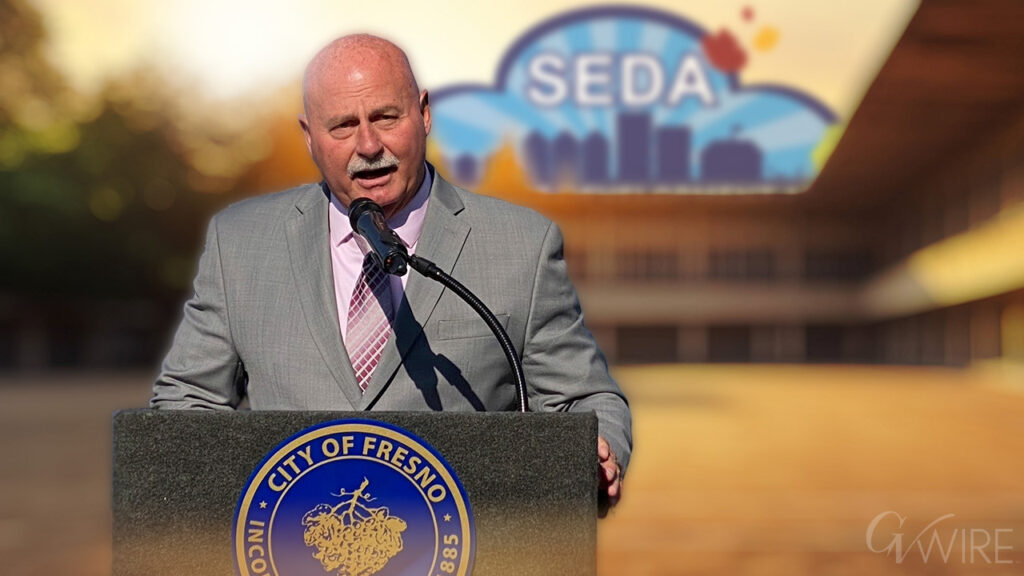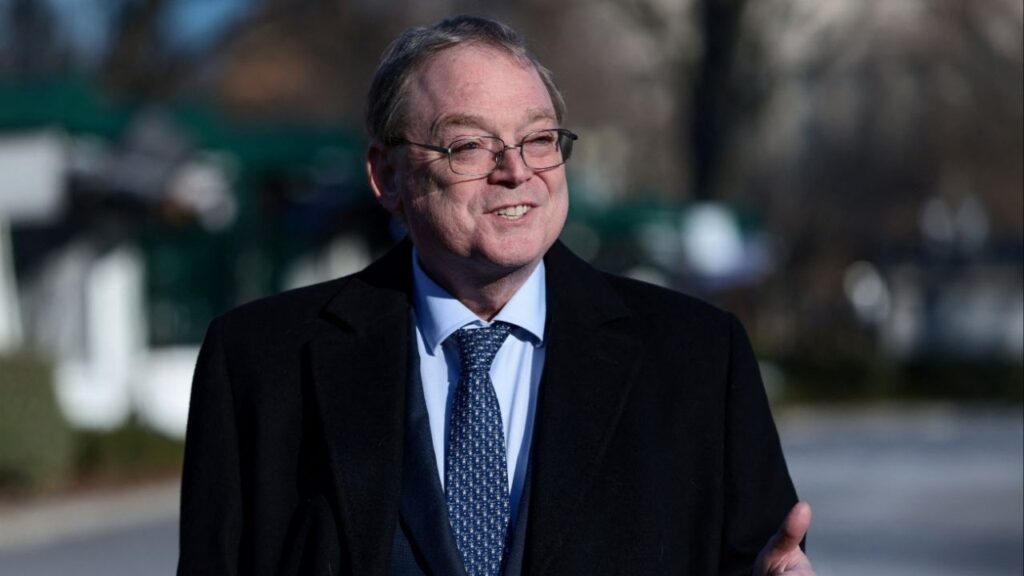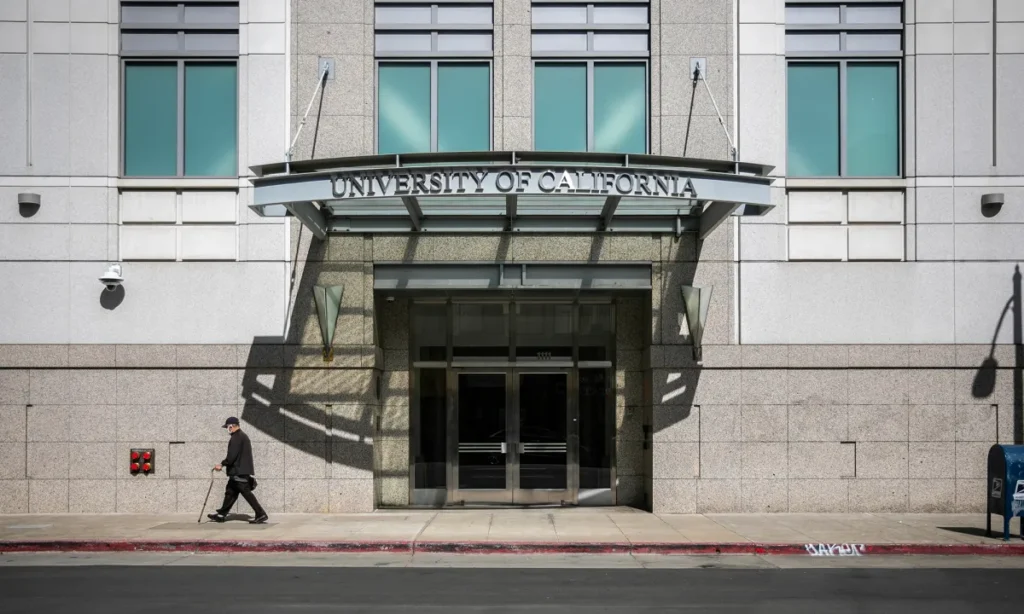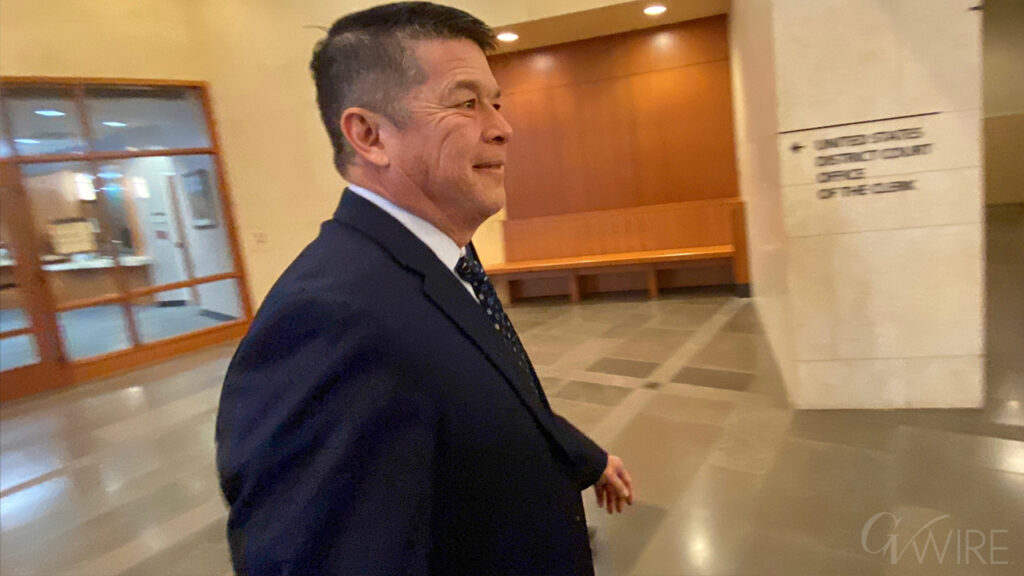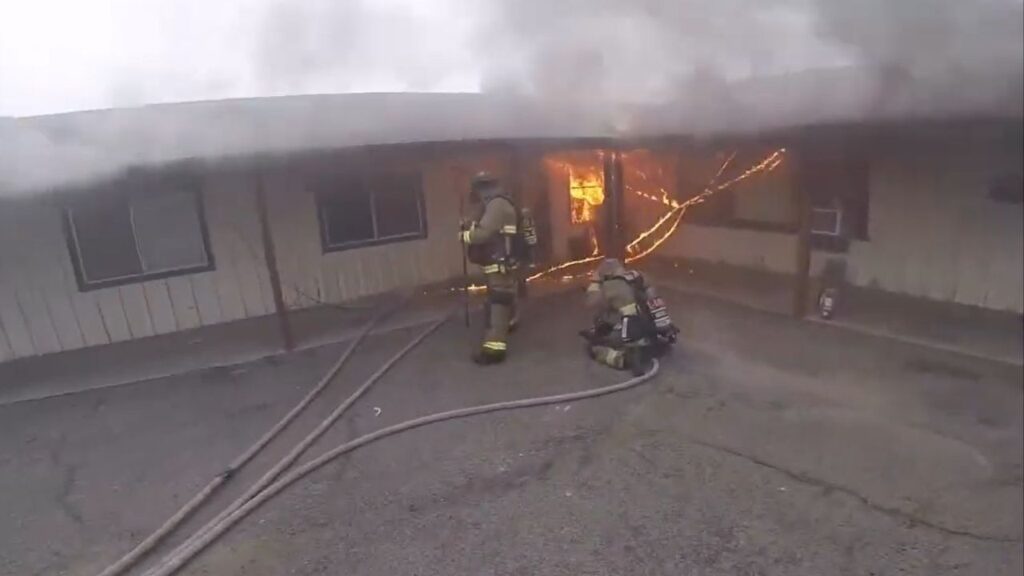Senate Bill 79, the latest of many state efforts to force local governments to accept high-density housing projects, is receiving heavy criticism from city officials throughout California. (Reuters/File)

- Senate Bill 79, which would force local governments to accept high-density housing projects, is receiving heavy criticism from city officials throughout California.
- Cities and counties continue to battle Gov. Gavin Newsom over how to best reduce homelessness.
- Local governments oppose SB 487, saying it could potentially increase their worker compensation costs.
Share
|
Getting your Trinity Audio player ready...
|
This commentary was originally published by CalMatters. Sign up for their newsletters.
Conflict between California’s state officials and its nearly 500 cities and counties — especially over money — is nothing new.
However, relations between state and local governments these days are arguably the worst in living memory, as illustrated by a couple of issues percolating in the final week of the 2025 legislative session.
Senate Bill 79, the latest of many state efforts to force local governments to accept high-density housing projects, is one point of contention. It would essentially exempt such projects that are within a half mile of public transit services from local oversight, regardless of the building site’s local zoning.
“This is exactly where we should be building more housing, right by our highest quality transit,” says state Sen. Scott Wiener, the bill’s author.
It has drawn heavy criticism from local officials, who would lose their ability to oversee such projects, and from residents of single-family neighborhoods that could be affected.
Opponents even include the Los Angeles City Council, dominated by Wiener’s fellow progressive Democrats. The council voted 8-5 to oppose the measure, and Los Angeles Mayor Karen Bass signed on, saying cities with state-approved housing plans should be exempt.
“While I support the intent to accelerate housing development statewide, as written, this bill risks unintended consequences for LA,” Bass said.
Housing and homelessness have been especially sharp issues in relations between state and local governments ever since Gavin Newsom became governor in 2019. While campaigning for the office, Newsom pledged to jump-start housing construction and reduce the state’s large population of homeless people.
Newsom vs. Cities on Homelessness
Newsom has signed numerous bills meant to spur housing construction by reducing local land use authority, and his administration has cracked down on cities that fail to designate enough land to meet state housing quotas. However, the state still falls very short of its declared level of needed housing production.
Newsom also promised to appoint a homelessness czar who would oversee programs to reduce homelessness and, after being prodded by reporters, he finally declared himself to be the czar. As homelessness levels remained high despite the state spending more than $20 billion, Newsom shifted blame to local officials for, he said, not being aggressive enough in cleaning up encampments and sheltering their inhabitants.
“I’m not interested in funding failure any longer,” he said at one point. “So I’m going to speak for myself, just one guy that’s got three more appropriation cycles in front of him. I want to see results. Everybody wants to see results.”
After threatening to cut off direct aid to local governments for homelessness programs, he signed a budget in June that suspends funding for at least a year. Local officials contend that getting one-year appropriations, without guarantees of continuity, makes it impossible for them to establish ongoing housing projects and services.
Thus, the issue is a stalemate that could continue until Newsom vacates his office 16 months hence.
Local Governments Oppose SB 487
In addition to these high-profile points of contention between state and local officials, there is a spate of relatively minor issues, one of which is Senate Bill 487. Sponsored by a raft of police and firefighter unions, the measure would limit the amount of money public employers could recover from their employees’ lawsuits for on-the-job injuries.
Local governments opposed the bill, saying it could potentially increase their worker compensation costs. Their opposition turned to bitter denunciation last week after state government was exempted from its impact.
“This is classic state do-as-we-say-not-as-we-do hypocrisy,” said Graham Knaus, CEO of the California State Association of Counties. “It’s a clear indication that lawmakers know this is terrible public policy, but they’re fine forcing local governments to live with it.”
Make Your Voice Heard
GV Wire encourages vigorous debate from people and organizations on local, state, and national issues. Submit your op-ed to bmcewen@gvwire.com for consideration.
This article was originally published on CalMatters and was republished under the Creative Commons Attribution-NonCommercial-NoDerivatives license.
RELATED TOPICS:
Categories



